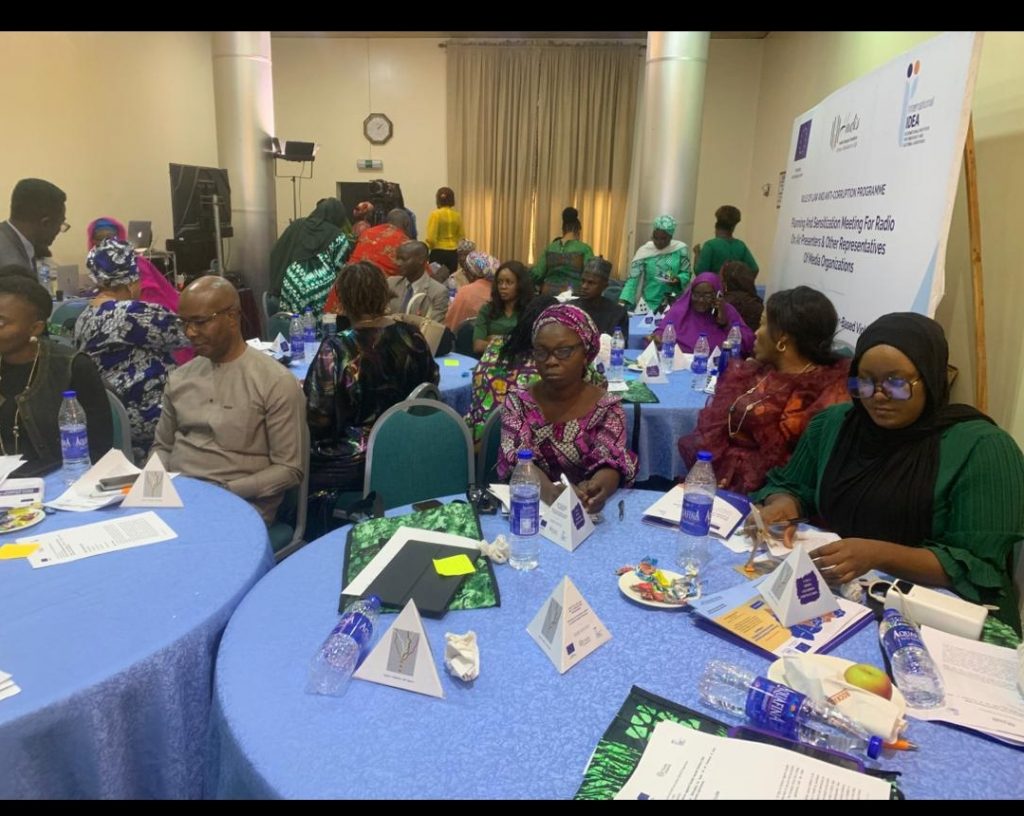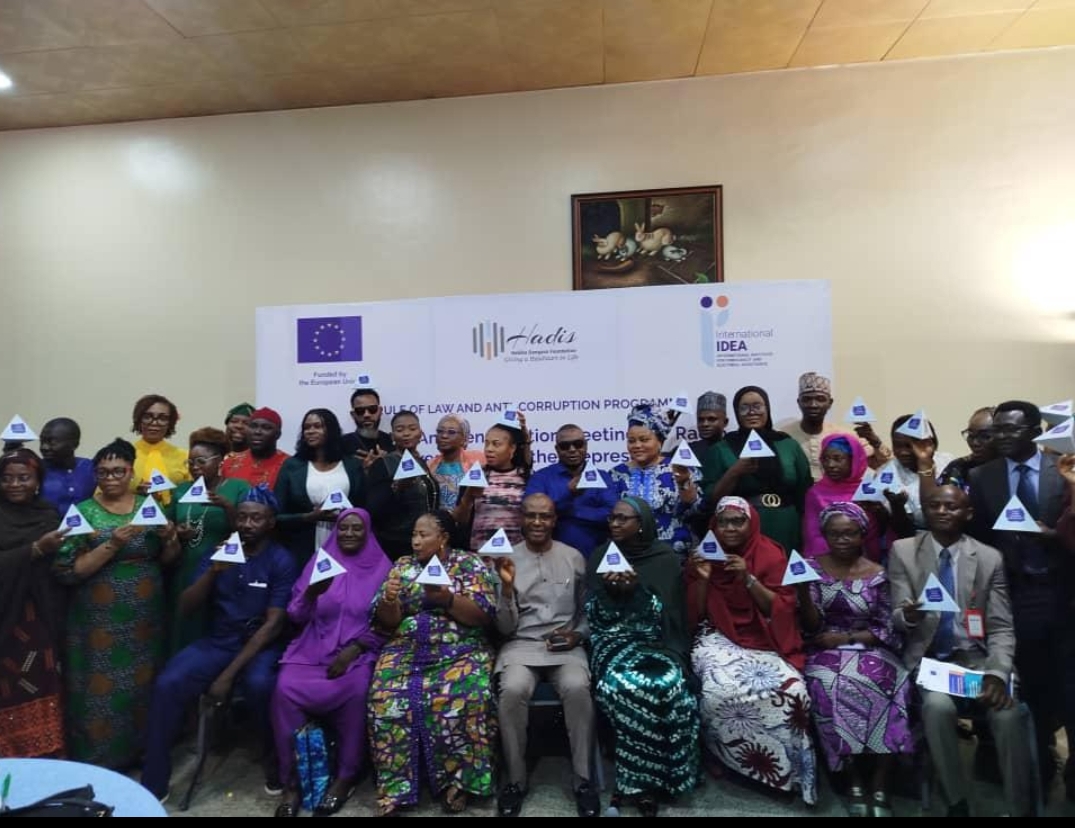By Buhari Kuburat
Sexual and Gender-Based Violence (SGBV) remains one of the most pressing human rights issues worldwide, disproportionately affecting women and girls.
Recognizing the severity of this issue, the United Nations General Assembly officially declared November 25th as the International Day for the Elimination of Violence against Women in 1999.
This day serves as a global call to raise awareness about the various forms of violence and abuse that women and girls face daily.
The date also marks the beginning of 16 Days of Activism against Gender-Based Violence, running from November 25th to December 10th, which is Human Rights Day. During this period, campaigners worldwide urge action to end violence against women and girls.
In Nigeria, there is an urgent need to intensify efforts against SGBV, as its prevalence threatens the well-being of survivors and their families.

This grim reality demands immediate response from all stakeholders, including government bodies, civil society, media, and international organizations.
A key law addressing SGBV in Nigeria is Section 34 of the Nigerian Constitution (1999, as amended), which grants every individual the right to respect for their dignity, explicitly prohibiting torture and inhuman treatment.
Moreover, the Violence Against Persons (Prohibition) Act of 2015 (VAPP Act) seeks to eliminate all forms of violence, ensuring maximum protection for victims and establishing strict penalties for offenders.
The National Agency for the Prohibition of Trafficking in Persons (NAPTIP) is charged with implementing the VAPP Act, often in collaboration with faith-based organizations and other critical stakeholders.
An essential step toward fulfilling the Act’s mandate is establishing Sexual Assault Referral Centers (SARCs) nationwide. Unfortunately, only 22 out of Nigeria’s 36 states currently operate these centers.
Section 38, subsection 1 of the VAPP Act mandates comprehensive support for victims, including medical, psychological, social, and legal assistance, facilitated by government and non-governmental organizations.
In preparation for the upcoming 16 Days of Activism, the European Union, in partnership with the Habiba Dandana Foundation (Hadis Foundation), recently organized a sensitization program in Abuja the nations capital.
The event targeted media professionals, especially radio personalities, equipping them to identify gaps in SGBV prevention and provide enhanced support for survivors, particularly women, girls, and persons with disabilities.
During the training, participants were encouraged to use appropriate language when reporting on SGBV and to thoroughly understand the stories they cover to ensure accurate reporting.
Mrs. Esi Emezua, Director of Training at the Federal Ministry of Women Affairs, described Gender-Based Violence as one of society’s gravest social injustices. She emphasized the need for collective action and stressed the importance of data collection in combating GBV effectively. “Accurate, data-driven information is essential for understanding and addressing the issue,” she noted.
Mrs. Emezua also advised journalists to adopt language that reflects survivors’ strength rather than victimhood, urging media professionals to refer to women and girls as “survivors,” not “victims.”
In his remarks, Mr. Hakeem Lawal, Director of NAPTIP’s Information and Communications Technology Department, reported 1,679 documented cases of gender-based violence, with 338 offenders convicted.
He informed the public about the Nigeria Sexual Offender and Service Provider Database, accessible at nsod.naptip.gov.ng, for information on registered offenders.
Journalists attending the conference recommended strategies to reduce SGBV cases to the barest minimum in Nigeria.
These include calls for the government to create more effective support systems for survivors, specialized counseling services, increased medical assistance, and greater awareness through both traditional and social media channels. They also highlighted the need for prompt justice and accountability for perpetrators.
The conference also underscored the role of entertainment content creators in preventing the normalization of sexual violence against women and girls in media. Campaigns against trivializing such acts as humor or entertainment were strongly emphasized.
This year’s activism against SGBV is championed under the hashtags #BreakingBarriers, #MakeWePavViolence, #RapeIsNotAJoke, and #HerStoryOurStoryNG.
Buhari Kuburat writes from Ilorin. Contact her at kubbybuhari@gmail.com or call 08089137314.

